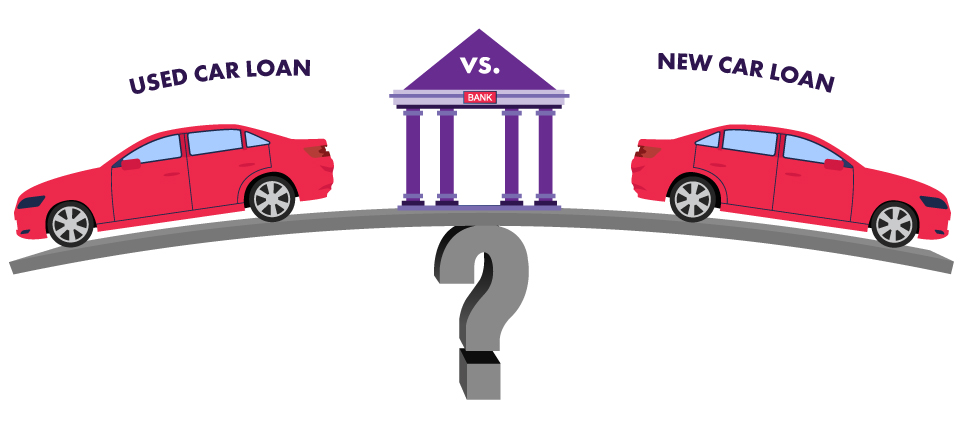Do’s and Don’ts of Applying for a Loan Against Property
If you’re considering applying for a loan against property, here are some do’s and don’ts to keep in mind:
Do’s:
- Check your credit score: A good credit score will help you get a better interest rate on your loan.
- Determine your budget: Determine how much you can afford to borrow and repay based on your income and expenses.
- Shop around: Research and compare lenders to find the best interest rate and terms that meet your needs.
- Read the loan agreement: Read the loan agreement carefully and understand the terms and conditions before signing it.
- Provide accurate information: Provide accurate and complete information to the lender to avoid any delays or complications.
- Use the loan for the intended purpose: Use the loan amount for the intended purpose, such as funding your business, education, or home renovation.
- Make timely repayments: Make timely repayments to avoid late payment fees and negative impact on your credit score.
- Keep track of your credit report: Keep track of your credit report and ensure that all repayments are reflected accurately.
Don’ts:
- Don’t borrow more than you can afford to repay: Borrow only what you need and can afford to repay based on your income and expenses.
- Don’t rush the decision: Take your time to research and compare lenders to find the best deal.
- Don’t ignore the fees and charges: Consider the fees and charges associated with the loan, such as processing fees, prepayment charges, and late payment fees.
- Don’t provide false information: Provide accurate and complete information to the lender to avoid any legal complications.
- Don’t use the loan for speculative investments: Avoid using the loan amount for speculative investments that may not generate sufficient returns to repay the loan.
- Don’t default on the loan: Defaulting on the loan can lead to legal action and negatively impact your credit score.
- Don’t ignore the repayment schedule: Stick to the repayment schedule and ensure that you make timely repayments to avoid late payment fees and negative impact on your credit score.
In summary, when applying for a loan against property, it’s important to check your credit score, determine your budget, shop around, read the loan agreement, provide accurate information, use the loan for the intended purpose, make timely repayments, and keep track of your credit report. At the same time, you should avoid borrowing more than you can afford to repay, rushing the decision, ignoring the fees and charges, providing false information, using the loan for speculative investments, defaulting on the loan, and ignoring the repayment schedule.










